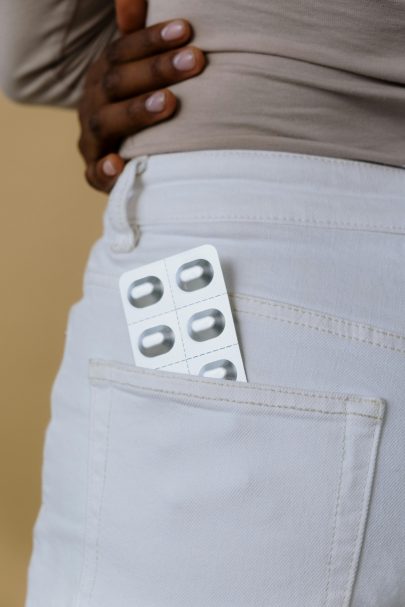Packing hacks are always fun to try out when you’re travelling. But we seldom see any tips and tricks for travelling with medication. There are a few rules you need to follow when you pack your meds but don’t fret, it’s not as daunting as it seems. With the proper preparation, you can have a fun adventure without compromising your health.
Research destination-specific regulations
Different countries have varying rules regarding the importation of medication. Before your trip, research the specific regulations of your destination. Certain countries have restrictions on some medications, or in some cases, bans.
Check documentation requirements
Ensure you have the necessary documentation for your medication. This may include a prescription from your doctor, a note explaining the medical necessity of the medication, and translations if applicable.
Quantities allowed
During your research, make sure to double-check the country’s quantity allowances for your specific medication. Some nations have strict limits on the amount of medication permitted, and exceeding these limits can lead to legal is.
Carry a copy of the prescription
You should always carry a copy of your prescription or letter signed by your doctor, as this serves as proof of medical necessity. This can be crucial if you need to replace lost or stolen medication. If you carry an epi-pen, this is even more critical.
Research controlled substance regulations
If your medication is a controlled substance, research the specific regulations governing its transportation. Some countries may require additional permits or documentation for controlled substances.

Carry medication in your carry-on bag: Always pack your medication in your carry-on bag. Checked luggage is more likely to be lost, delayed or out of reach, and having your medication easily accessible can be essential.
Use a pill organiser: Consider using a pill organiser to keep your medication organised. This not only ensures you take the correct dosage but also makes security checks more efficient. Pill organisers should be labelled so that medication can be differentiated and identified.
Keep high-schedule medication in original packaging: Store your medication in its original packaging, complete with labels. This helps customs officials identify the medication and confirms its legitimacy.
Protect medication from extreme temperatures: Medications are sensitive to temperature changes. Keep them in a cool, dry place and avoid exposing them to extreme temperatures. Consider using a small cooler or insulated bag for temperature-sensitive medications.
Bring extra medication: Always carry extra medication in case of unexpected delays or changes in travel plans. It’s better to be over-prepared than to run out of medication in an unfamiliar location.
Article shared by Woman&Home.




















